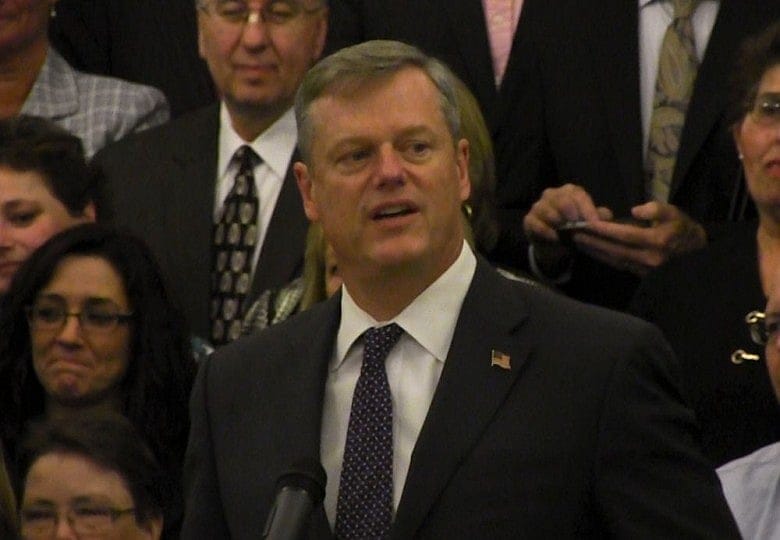Baker revives debate over local liquor license control

BOSTON – Reviving an effort that stalled under his predecessor, Gov. Charlie Baker on Monday proposed legislation that would give local officials control over the number of liquor licenses that can be handed out to bars and restaurants in their communities.
The liquor license proposal, an economic development idea that faltered in the House of Representatives after former Gov. Deval Patrick proposed it at the end of his second term, is part of a package of municipal governance reforms Baker intends to outline to "strengthen the partnership" between communities and the state.

